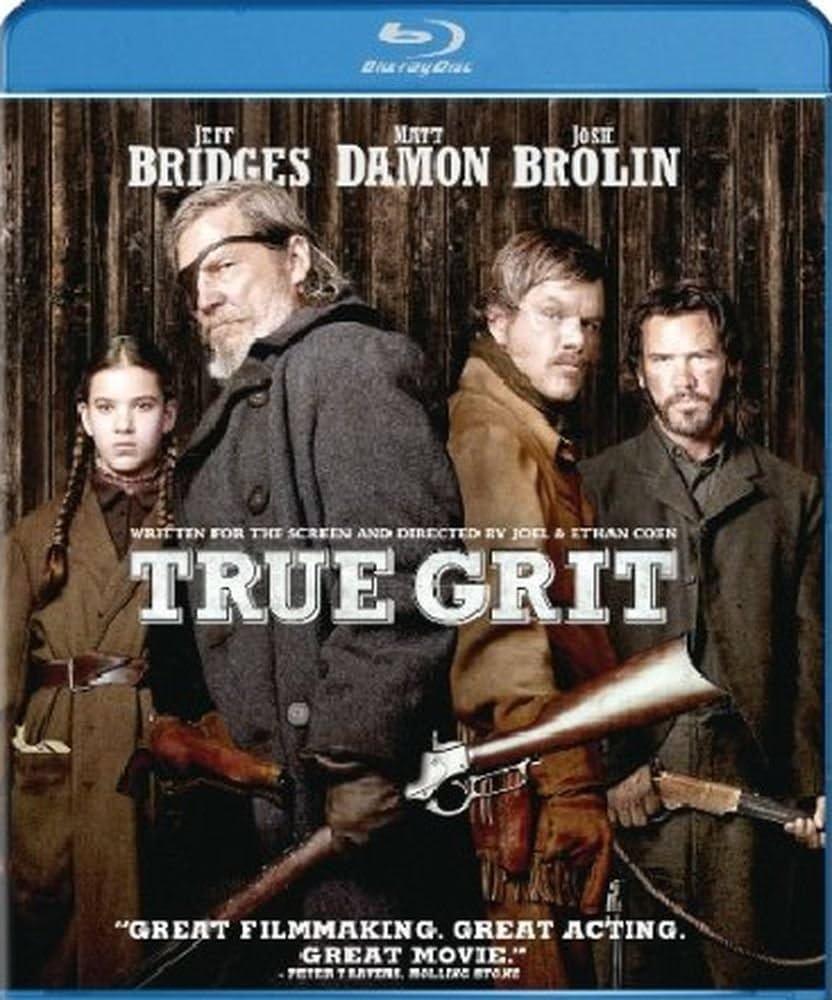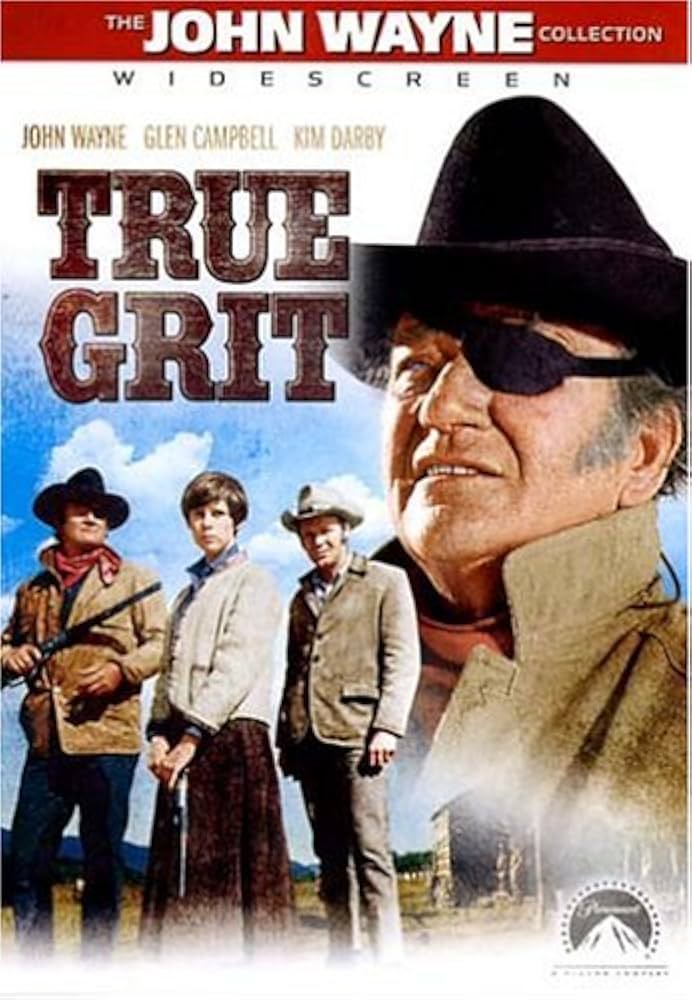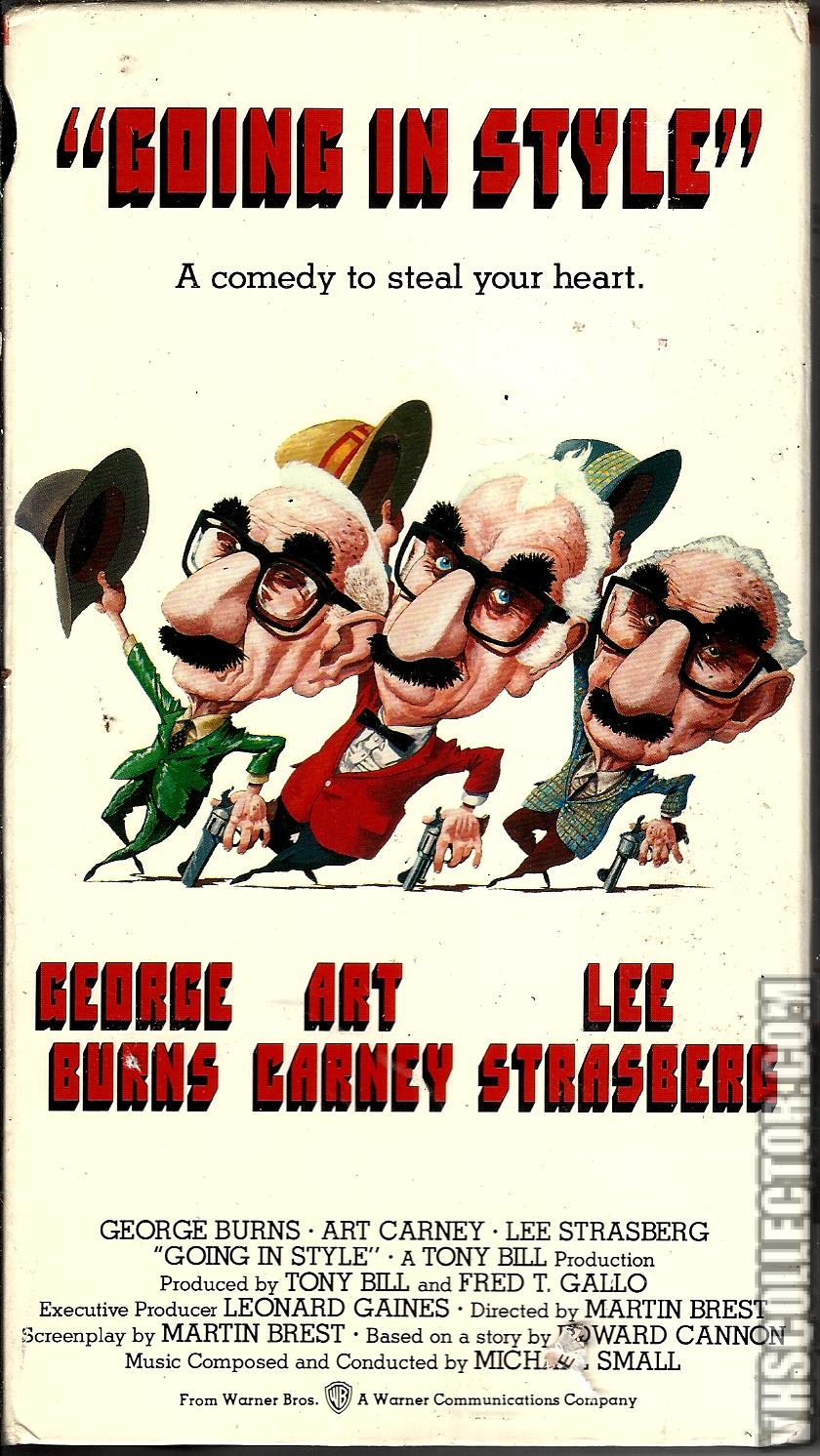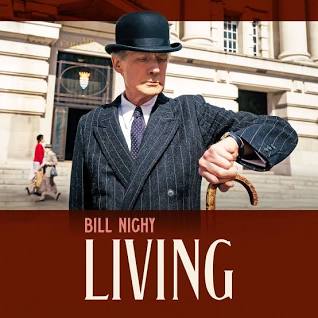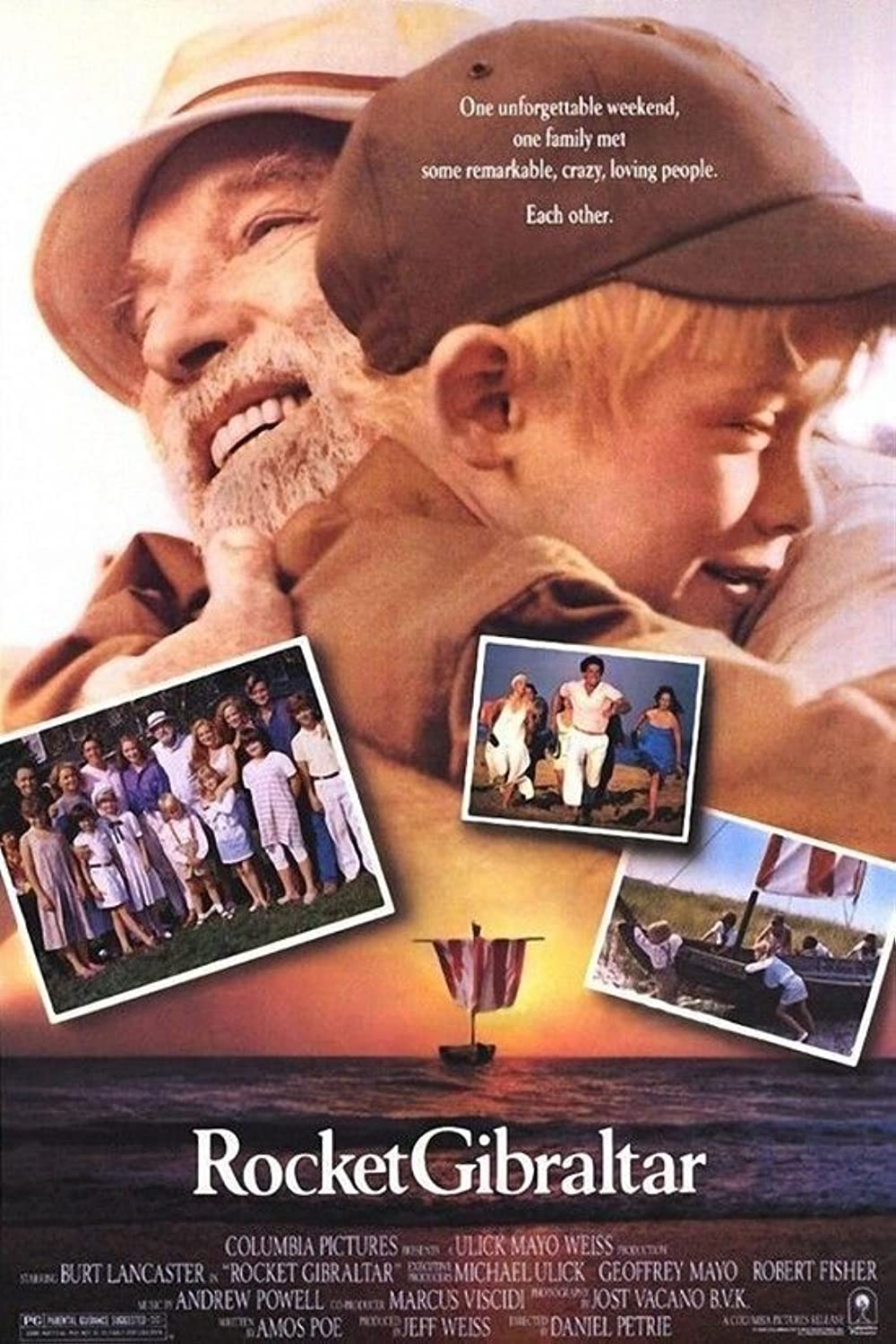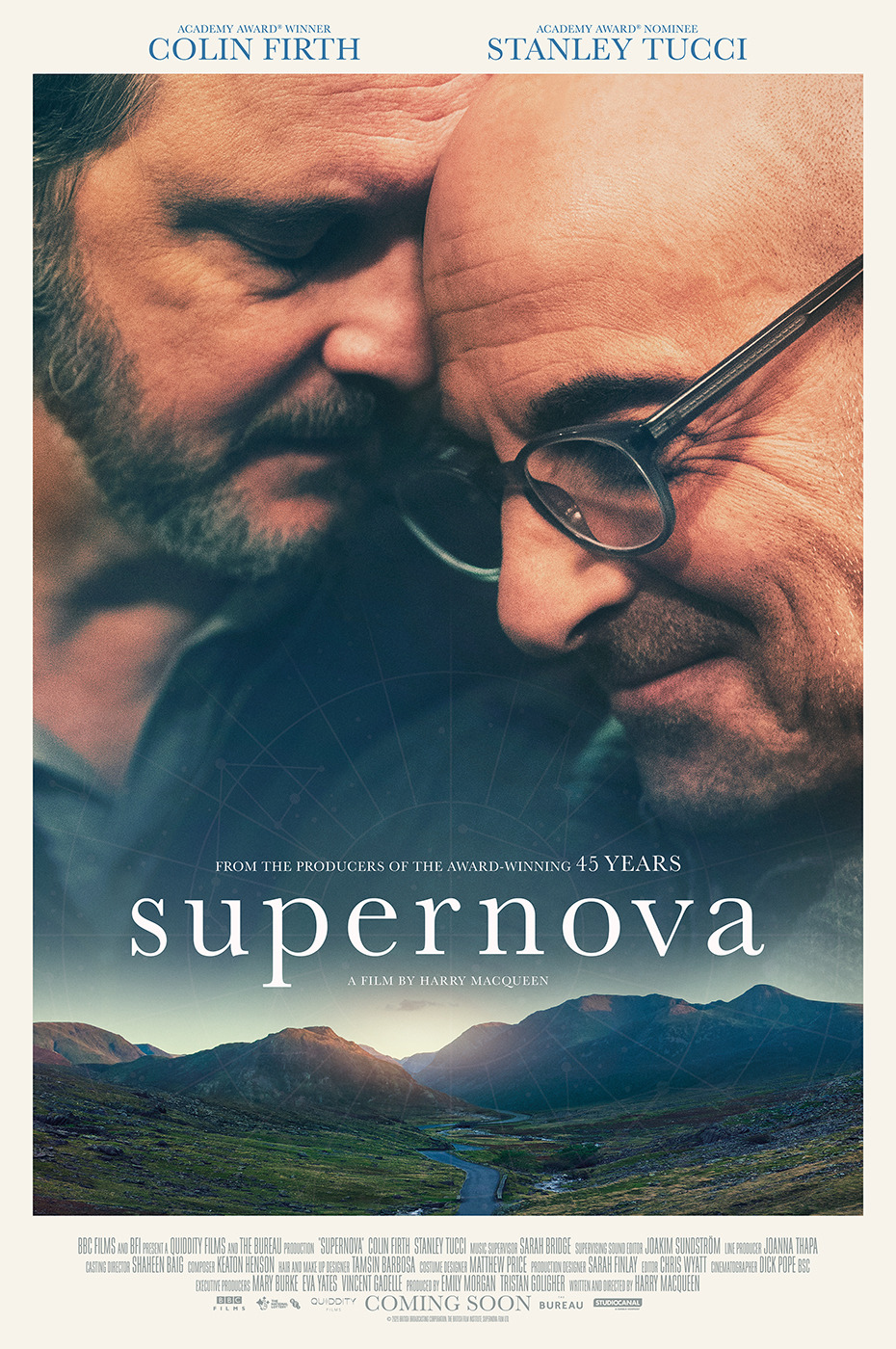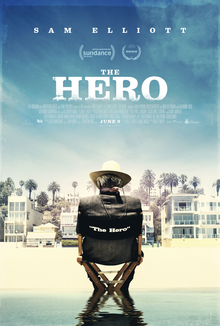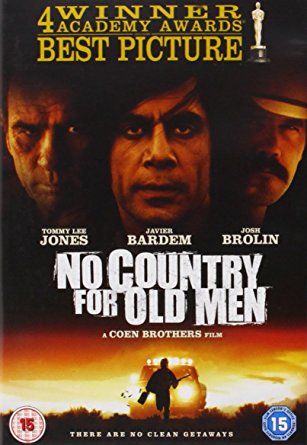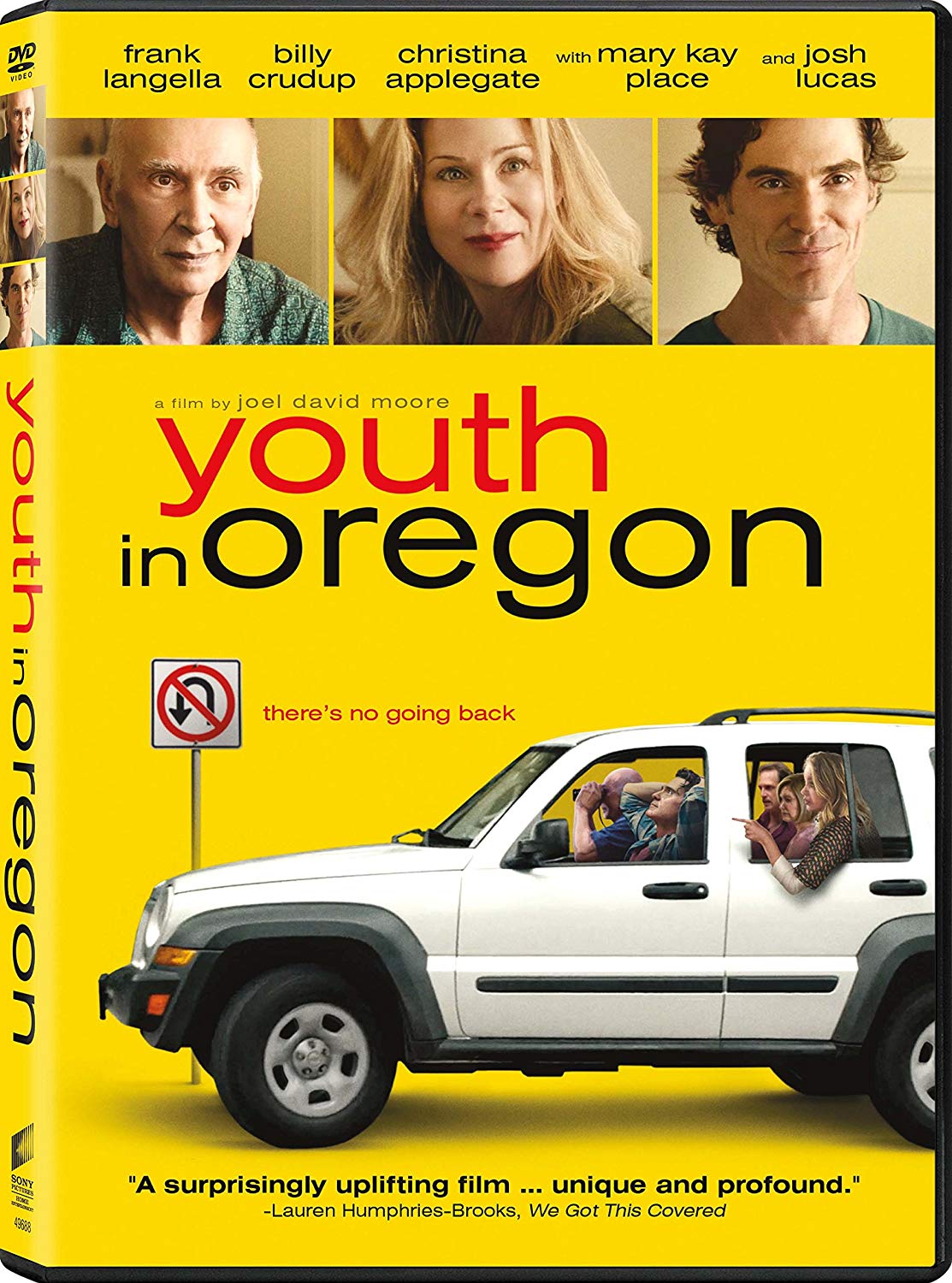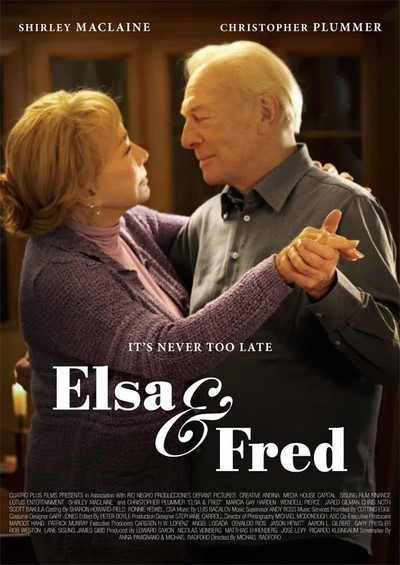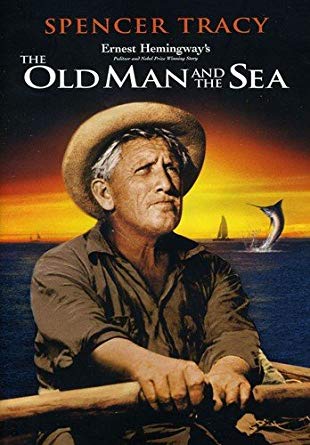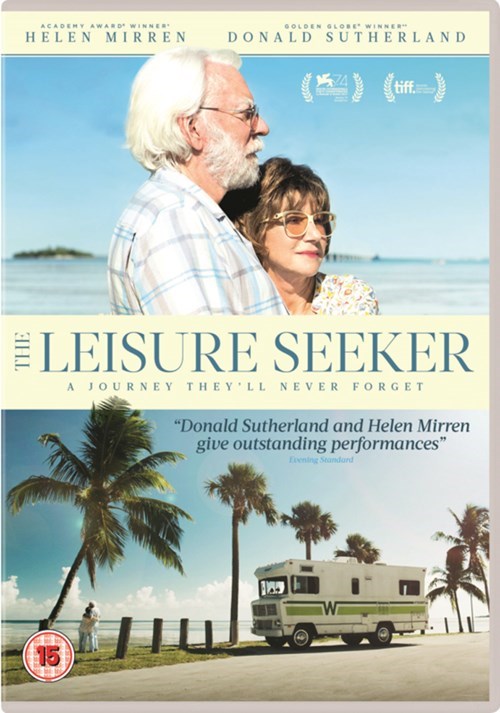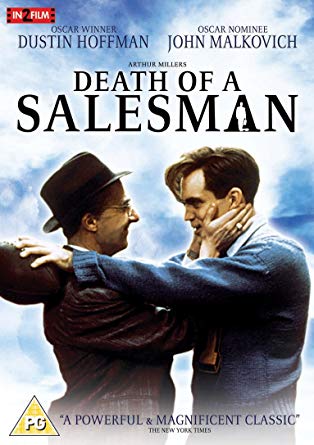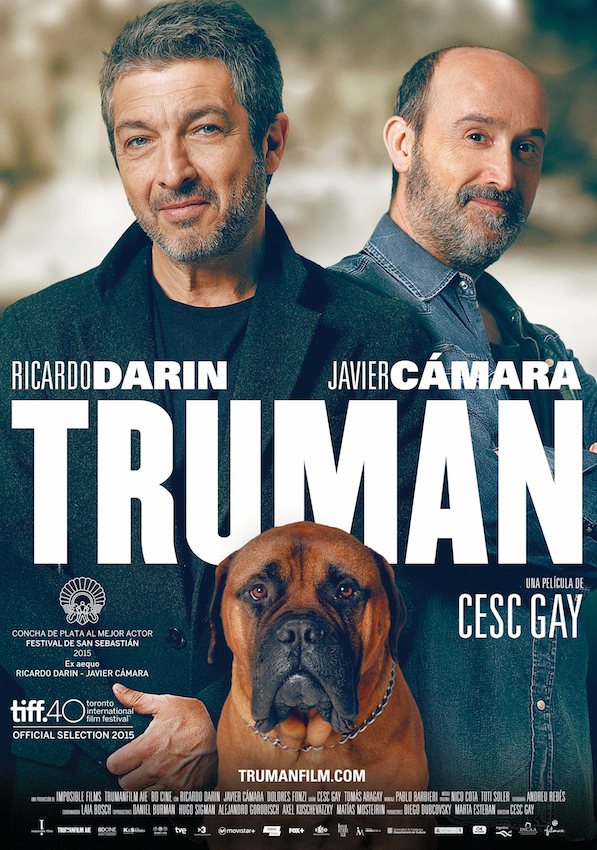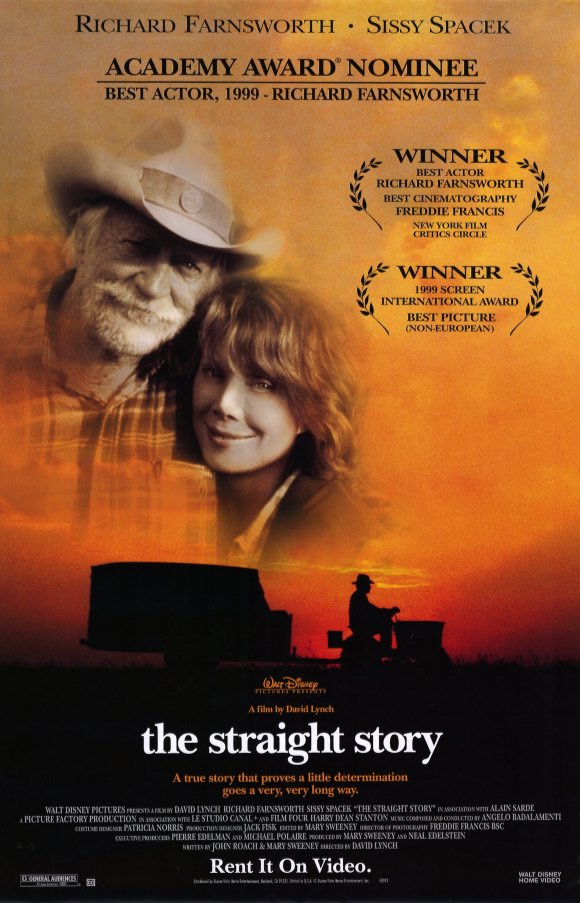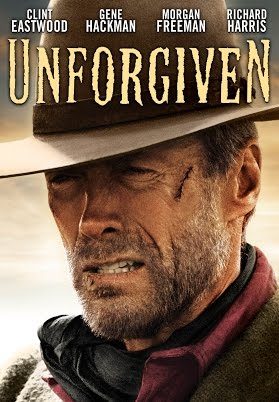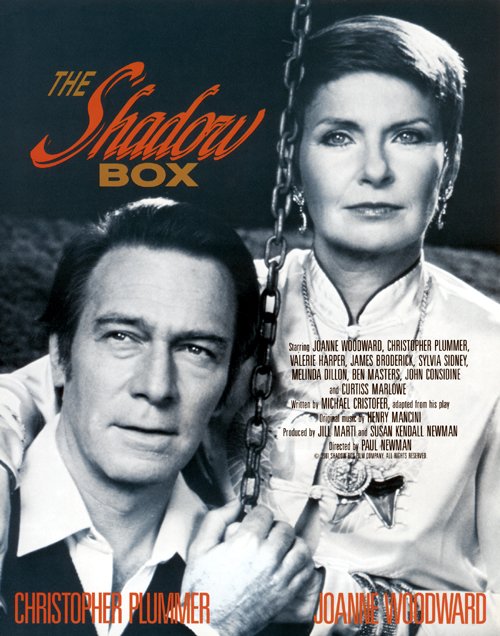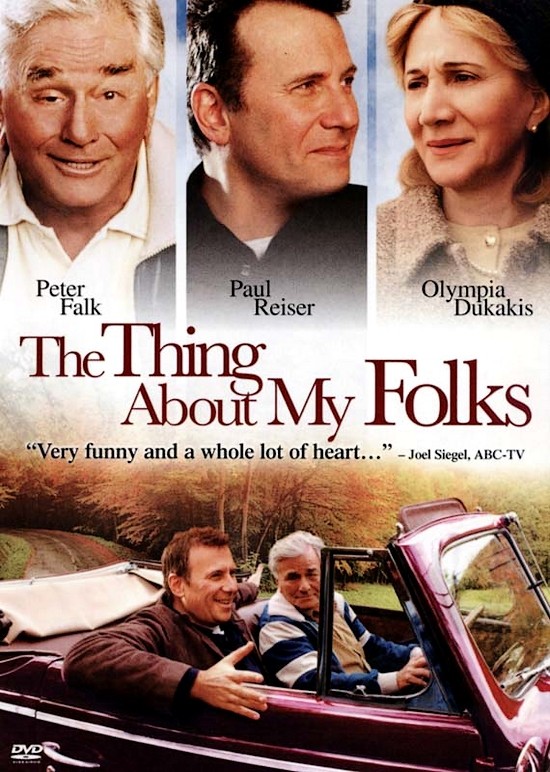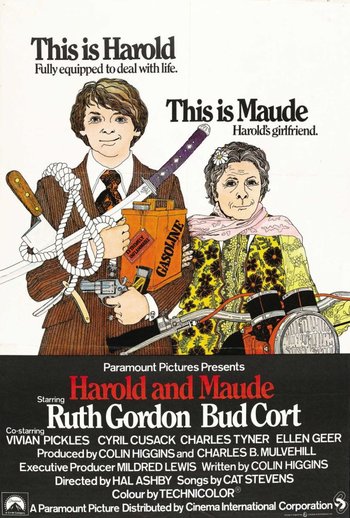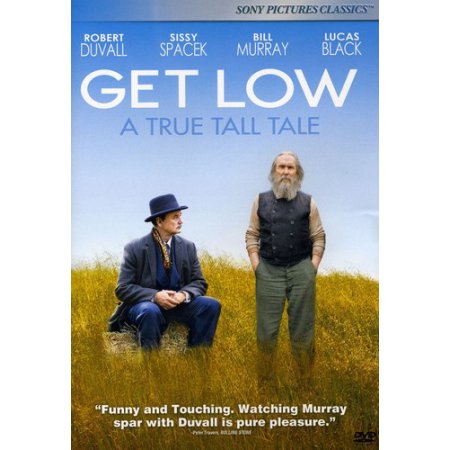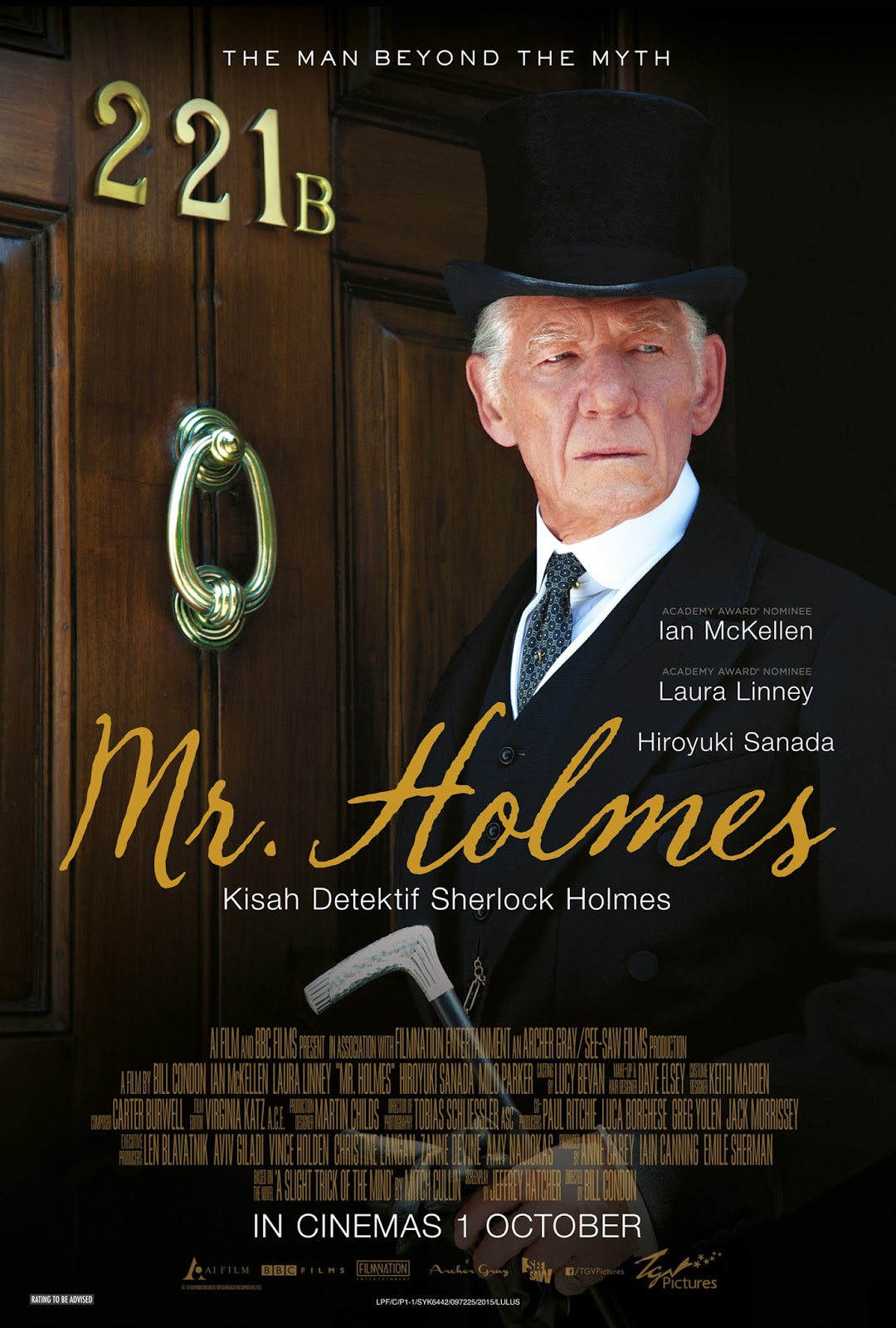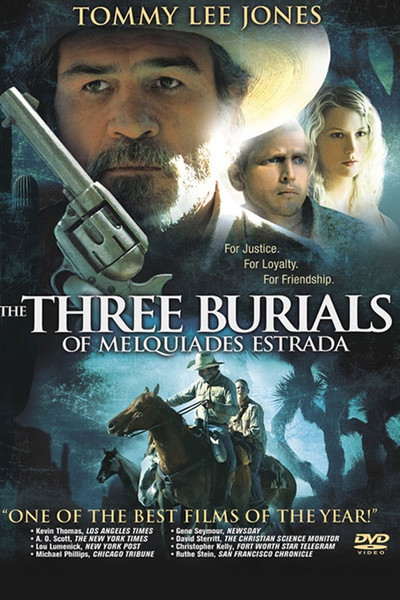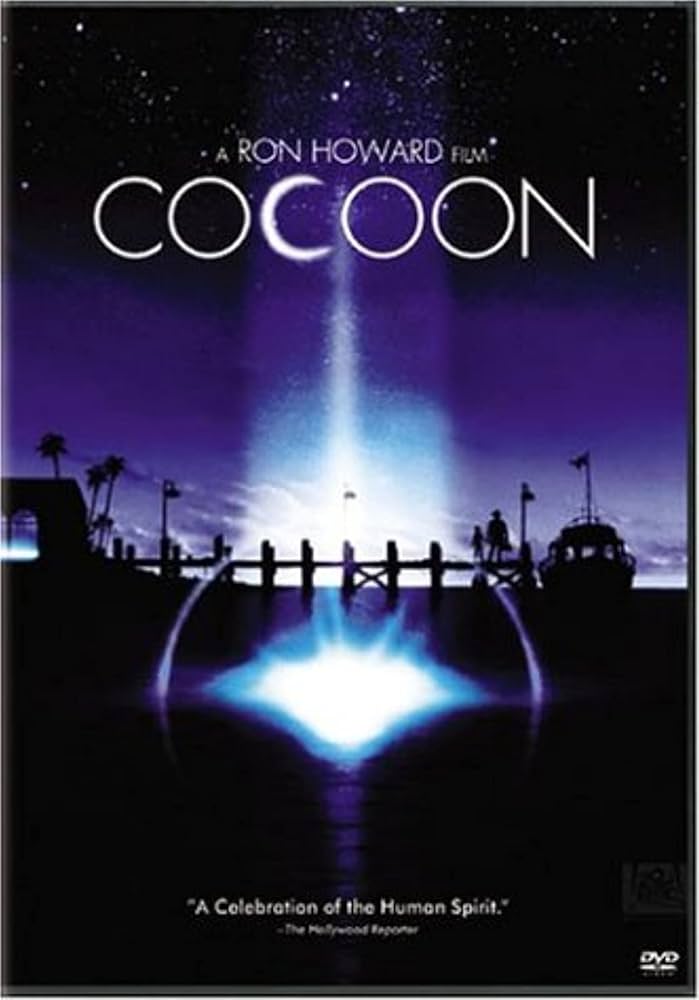
1985, United States, 117 min.
Three friends (Wilford Brimley, Don Ameche and Hume Cronyn) break the monotony of life at a Florida retirement village by sneaking onto a nearby abandoned estate and taking a dip in its pool. When a vacationing out-of-towner (Brian Dennehy) rents the space for a month and uses the pool to store boulder-like cocoons, the fellas aren’t dissuaded. They keep swimming and feel revived, even when the new tenant and his “cousins” reveal their otherworldly identities. And that’s when things get complicated. One part fairy tale, one part reflection on responsible aging, the film is distinguished by Brimley and Cronyn’s heartbreaking, all-too-human performances. Their characters grapple with the unanticipated price that comes with a second chance and give the movie an emotional heft to complement the feel-good storyline. Followed by a 1988 sequel.

